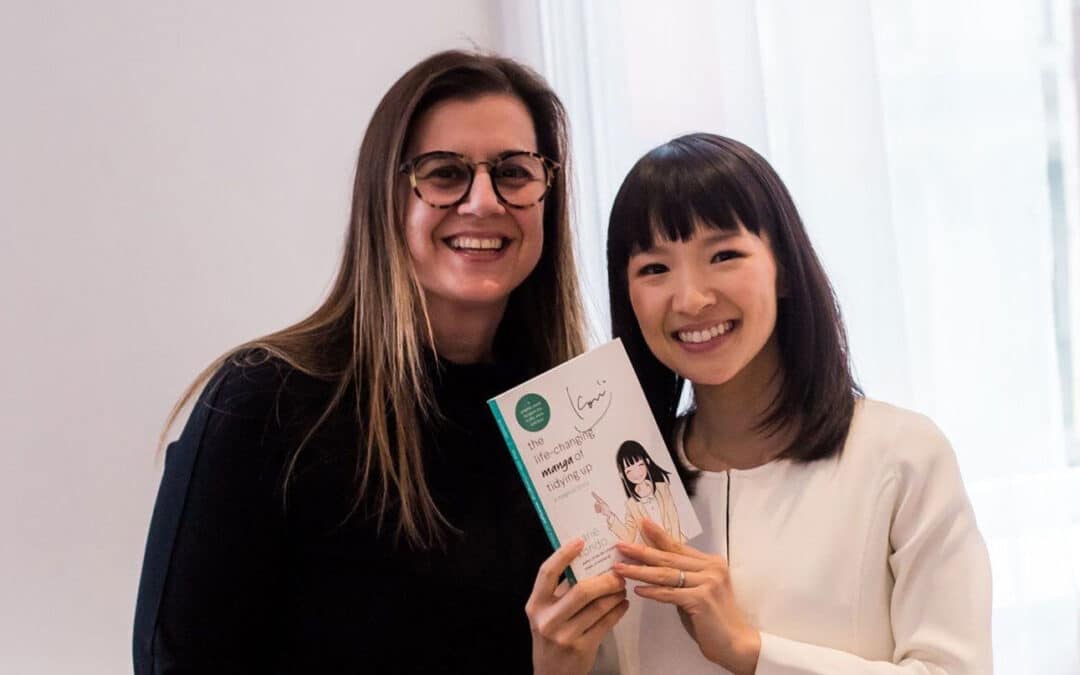When you run a small business, a lot of things can go wrong – even really, spectacularly wrong. Maybe a power outage hits, and your entire inventory spoils. Maybe there’s a rail strike, and your supply chain is disrupted for weeks. Maybe there’s a recession, and your clients slash their budget for your services.
But no small business person I know ever expected this.
As of April 5, in what is now a global health emergency, more than 62,000 people worldwide have died of COVID-19. Over 1,100,000 have tested positive, with thousands more doing so every day. Governments around the world are desperate to “plank the curve” and slow the spread of the infection. They have instituted nationwide lockdowns, banned gatherings, and shut down non-essential industries. They have grounded flights and closed borders to non-citizens. Globalization has come to a screeching halt.
The impact on small businesses has been enormous. While some can still deliver physical goods, many service providers are in trouble. Working remotely is not an option for everyone. It’s great if your job allows you to work from home… but not great if, like me, your job involves going into people’s homes.
I am a trained professional organizer and a Marie Kondo consultant. My business involves helping busy people declutter their homes and simplify their lives – something we could probably all use right now as we stare at our four walls!
But doing a Zoom meeting in a client’s closet is just not quite the same as being there… and you can’t virtually carry stuff out of their basement. While some clients find online organizing useful, it is hard to do without a large enough holding area for decluttered items. And many donation centres are not accepting goods right now, for fear of transmitting the virus.
As a result, the professional organizing business has slowed down considerably. And like so many small businesses, I have had to pivot and reframe how I could help people.
Instead of organizing bookcases and decluttering closets, I am now helping people figure out how to set up a home office in a 500 square foot space with no room to spare. Or where to store extra bottles of necessary distilled water for their sleep apnea machines, because it has disappeared from grocery store shelves.
But it’s no longer just about physical space. In these times of social distancing, mental space has become even more important. I find myself doing a lot more coaching to help individuals come to terms with their new reality, which could possibly last for the next 12-18 months. People need coping strategies, a road map, someone to talk to, and a lot more hand holding.
One of the premises of professional organizing is that by decluttering a physical space, decluttering your mental space will follow. Since I can no longer physically be in people’s homes, I decided to reverse the process. By uncluttering their minds and helping them find focus, they can better come to terms with their new physical limitations.
So how can you declutter your mental space?
Talk to someone. Whether a coach, a friend, or your spouse, it helps to discuss things. With so many people in the same position – i.e., stuck in their house – there is a lot of empathy to tap out there. And skip the texting – get on Skype, Zoom or Facetime and have a real conversation with eye contact and smiles.
Exercise. Get outside if you can: walk, bike, or run. I am doing a lot more walking lately, and find it really helps clear my mental cache. If you can’t go out, go online and find a home exercise video on YouTube and follow along. Many people are also forming online groups and having virtual “exercise meets” to support each other.
Start a journal – by hand. Putting words to paper helps us process our experiences. Handwriting accesses the intuitive part of our right brain and associations start to flow. Handwriting also slows us down and commits us to what we have put to the page, unlike typing where we can quickly backspace out of a thought.
These are but a few helpful strategies. Remember to be realistic about what you can accomplish. These are traumatic times and you will be processing things more slowly and intensely. We’re all learning as we go along, and everyone’s needs are different.
But getting started is the most important step. When everything is so uncertain, regaining a sense of control can do wonders for our mental well-being, our productivity, and our ability to reframe our lives – and our occupations.
This is not business as usual for anyone. The COVID-19 pandemic will reshape society and how we live for years to come, perhaps permanently. It will change ways we interact on a personal level and transact on a business level. It also holds potential for good, a unique opportunity to reimagine society, our values, and the nature of work. Despite our isolation, many of us have never felt so connected by technology and common experience. It is up to us to build on these positive elements as we navigate this strange new world together.
About Effy
Effy Terry is the Founder and Lead Organizer of Organize That. She is a Certified KonMari Consultant, Trained Professional Organizer and Certified Life Transition Coach. She has over 25 years of experience as a senior event manager, and project manager, is a former real estate salesperson and also has formal mediation training. She also has a Bachelor’s degree in Psychology from the University of Texas at Austin.

